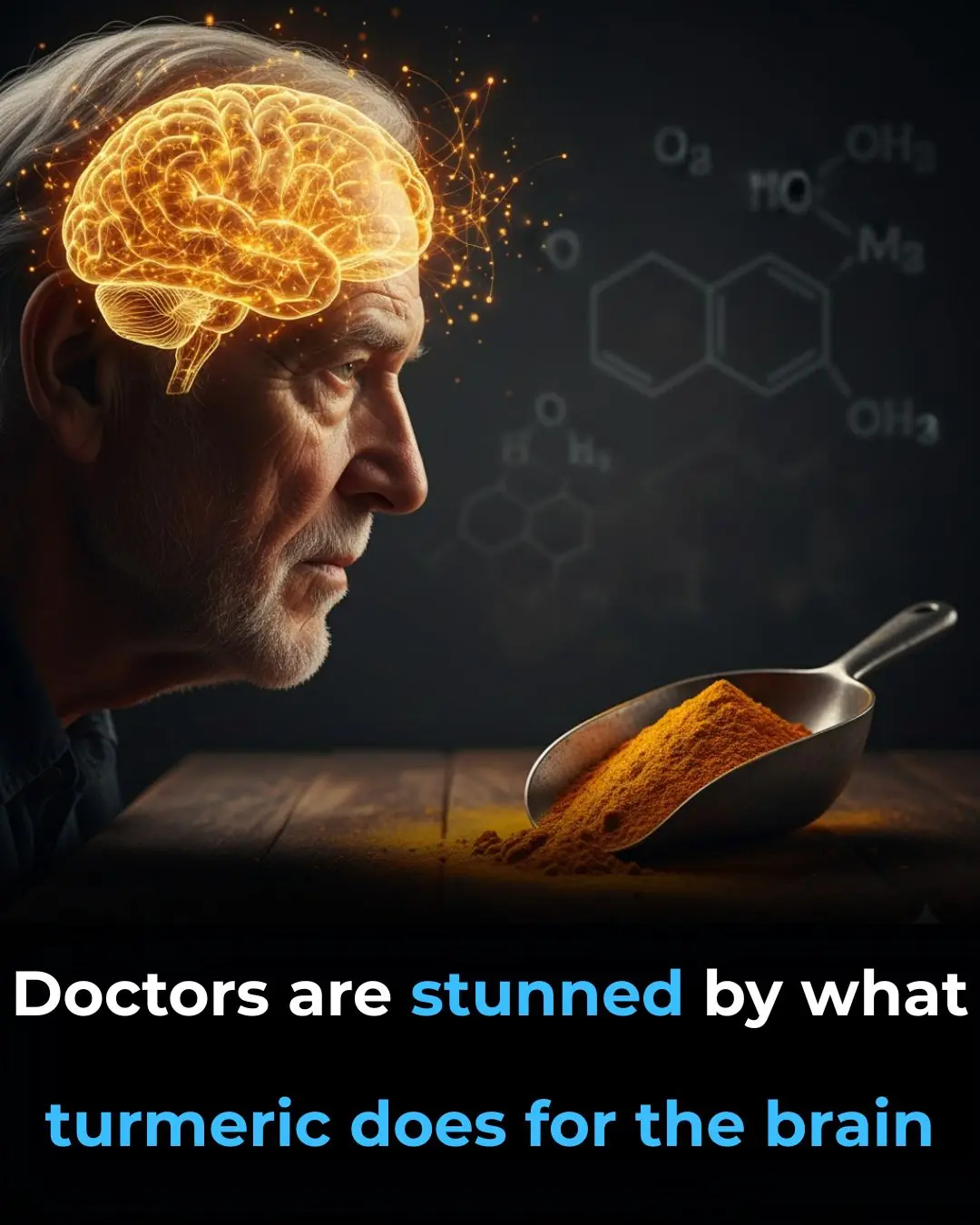
Apple Extract Found to Kill Colon Cancer Cells More Effectively Than Chemotherapy Drug
Apple Extract Found to Kill Colon Cancer Cells More Effectively Than Chemotherapy Drug
Recent scientific investigations have revealed that natural compounds known as oligosaccharides, extracted from apples, are capable of killing up to 46 percent of human colon cancer cells in vitro. Even more strikingly, these natural substances outperformed one of the most commonly used chemotherapy drugs across all tested concentrations.
Unlike conventional chemotherapy drugs—which often cause severe toxicity and damage to healthy tissues—apple oligosaccharides are naturally occurring, health-promoting compounds that can be found in many fruits, vegetables, and plant-based foods.
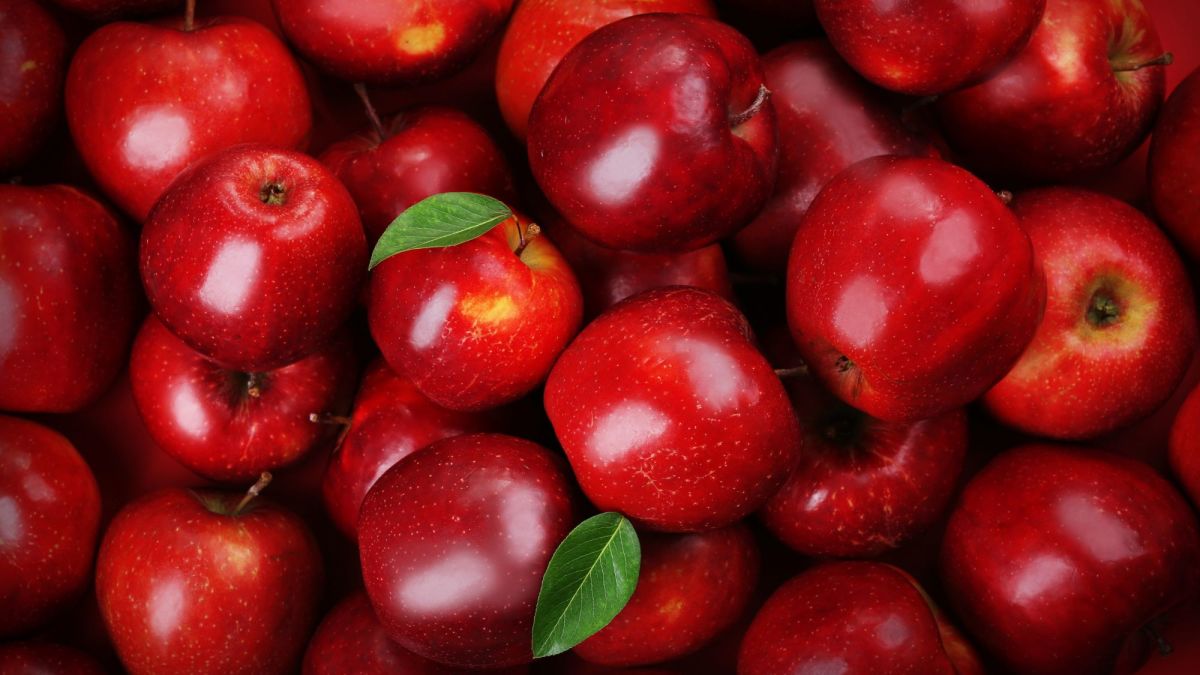
A Natural Ally Against a Leading Cause of Cancer Death
Colon cancer is one of the world’s most dangerous malignancies. It ranks as the second leading cause of cancer-related death among women and the third among men. Despite medical advances, standard chemotherapy treatments for colon cancer remain far from perfect. Many patients suffer from serious side effects such as heart spasms, nerve damage (neurotoxicity), anemia, and suppression of the immune system.
Because of these limitations, scientists have turned to nature in search of safer, more effective alternatives. Apples, one of the most commonly consumed fruits globally, have long been recognized for their protective effects against various types of cancer, including breast, ovarian, lung, liver, and colon cancers.
Turning Waste into Medicine
The focus of this recent research was on apple oligosaccharides, which had previously been identified as potential anti-cancer agents. What makes this discovery particularly promising is that these compounds can be easily and inexpensively extracted from apple pomace—the leftover pulp generated during apple juice production. Every year, an estimated four million tons of apple pomace are produced worldwide, making it an abundant and sustainable source for potential natural therapies.
Study Details: Apple Compounds Outperform Chemotherapy
Researchers at a university in Xi’an, China, began by isolating polysaccharides (complex carbohydrates such as pectin and other dietary fibers) from apple pomace. They then treated these with a natural enzyme, pectinase, to break them down into smaller oligosaccharides—molecules composed of just three to ten sugar units each.
These apple-derived oligosaccharides were tested on cultured human HT29 colon cancer cells at a variety of concentrations. The results were compared against the effects of the most commonly prescribed chemotherapy drug for colon cancer.
At every concentration tested, the apple oligosaccharides induced significantly higher rates of apoptosis (programmed cell death) than the chemotherapy drug. For instance:
-
At only 0.9 micrograms per milliliter (0.9 PPM), the apple extract killed 17.6% of the cancer cells within 36 hours.
-
The chemotherapy drug, even at a higher concentration of 1.3 micrograms per milliliter, managed to kill only 10.9% of the cells.
Even more promisingly, the apple oligosaccharides are non-toxic to healthy cells, meaning they can be safely used at higher doses. At a concentration of 9.0 PPM, the oligosaccharides destroyed 46% of colon cancer cells, whereas the chemotherapy drug could not even be tested at that level due to toxicity concerns.
Oligosaccharides: Functional Foods with Broad Health Benefits
Beyond their anti-cancer potential, oligosaccharides are gaining recognition as functional food ingredients that promote overall health. Found naturally in fruits, vegetables, algae, honey, and milk, they serve as prebiotics, nourishing beneficial gut bacteria and supporting digestive health.
Scientific studies have also shown that oligosaccharides can help regulate blood sugar levels, strengthen immune function, and reduce inflammation, making them valuable not only for disease prevention but also for general wellness.
Interestingly, oligosaccharides can be produced naturally when pectin-rich fruits like apples are broken down by enzymes such as pectinase—either during processing or even partially during digestion. Raw apples, for example, contain about 1.5% pectin and also have natural pectinase activity, suggesting that consuming fresh apples may provide small amounts of these beneficial compounds.
Why Whole Apples Are Still Best
It’s important to note that commercial apple juice typically contains very little of these bioactive substances. Most of the beneficial fibers, enzymes, and polyphenols are lost during processing. In fact, processed juice often has only about 10% of the polyphenol content found in raw apples. As with many plant-based foods, fresh and whole is almost always healthier than the processed alternative.
A Promising Future for Natural Cancer Therapies
This new study adds to a growing body of research highlighting the powerful anti-cancer potential of apples and their unique oligosaccharides. The fact that such compounds can be sourced from an inexpensive and abundant industrial byproduct gives this discovery enormous potential for future medical and nutritional applications.
With further research, apple oligosaccharides could pave the way for low-cost, natural, and non-toxic treatments that complement or even replace certain chemotherapy drugs—offering new hope for millions affected by colon cancer worldwide.
News in the same category


The Best Foods to Cleanse and Prevent Clogged Arteries
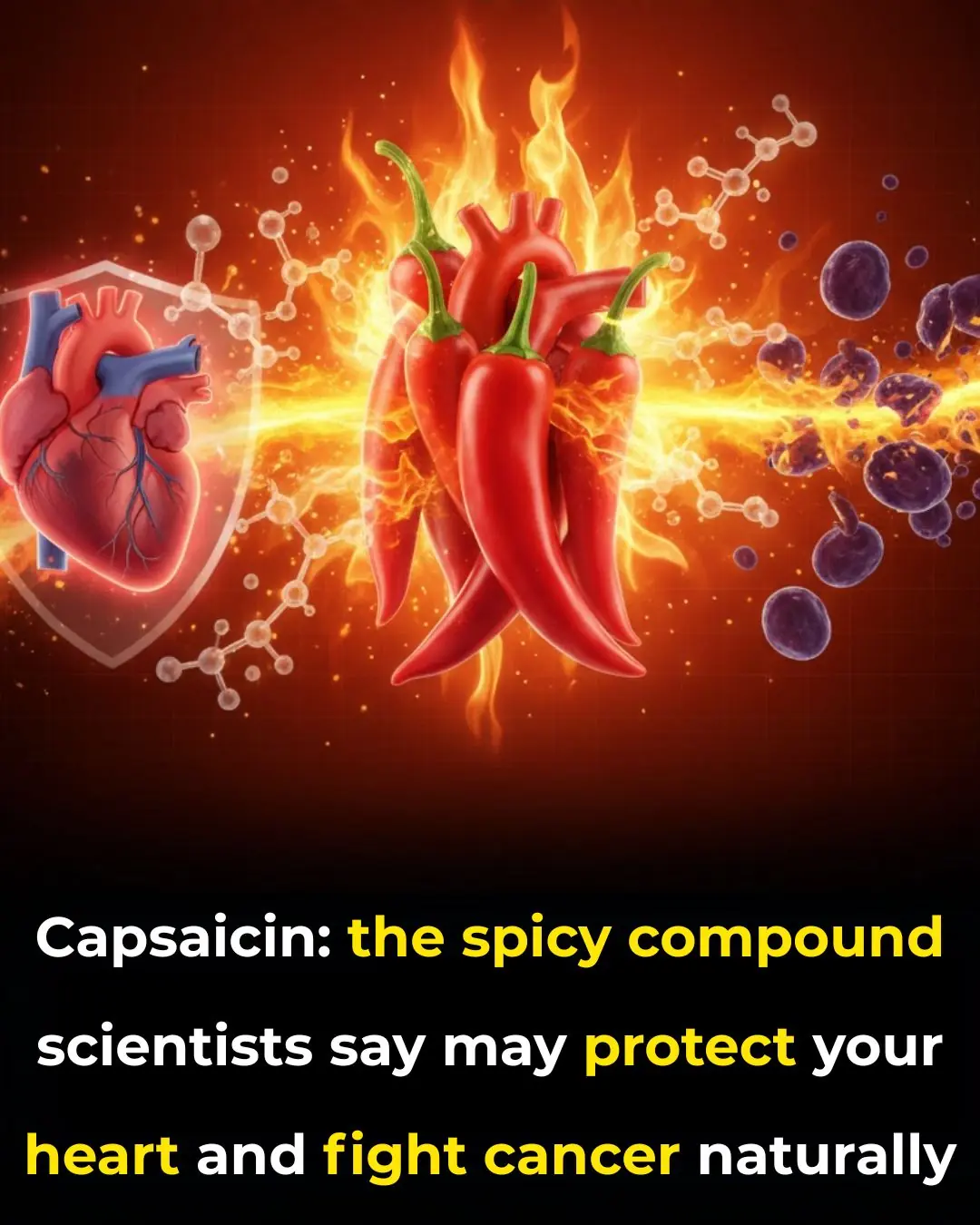
Capsaicin Stops Heart Attacks And Destroys Cancer Cells
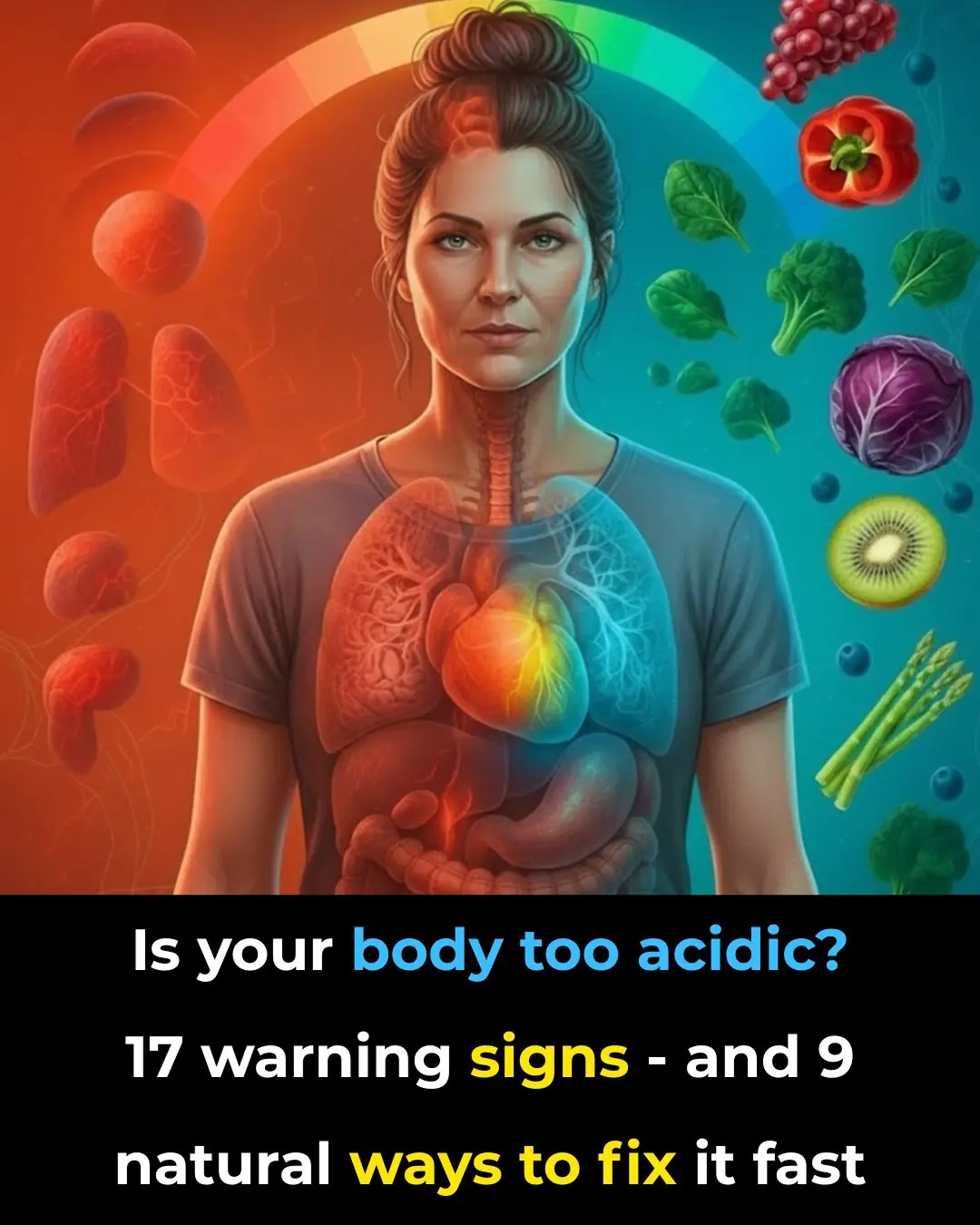
17 Signs Your Body Is Too Acidic And 9 Ways To Quickly Alkalize It
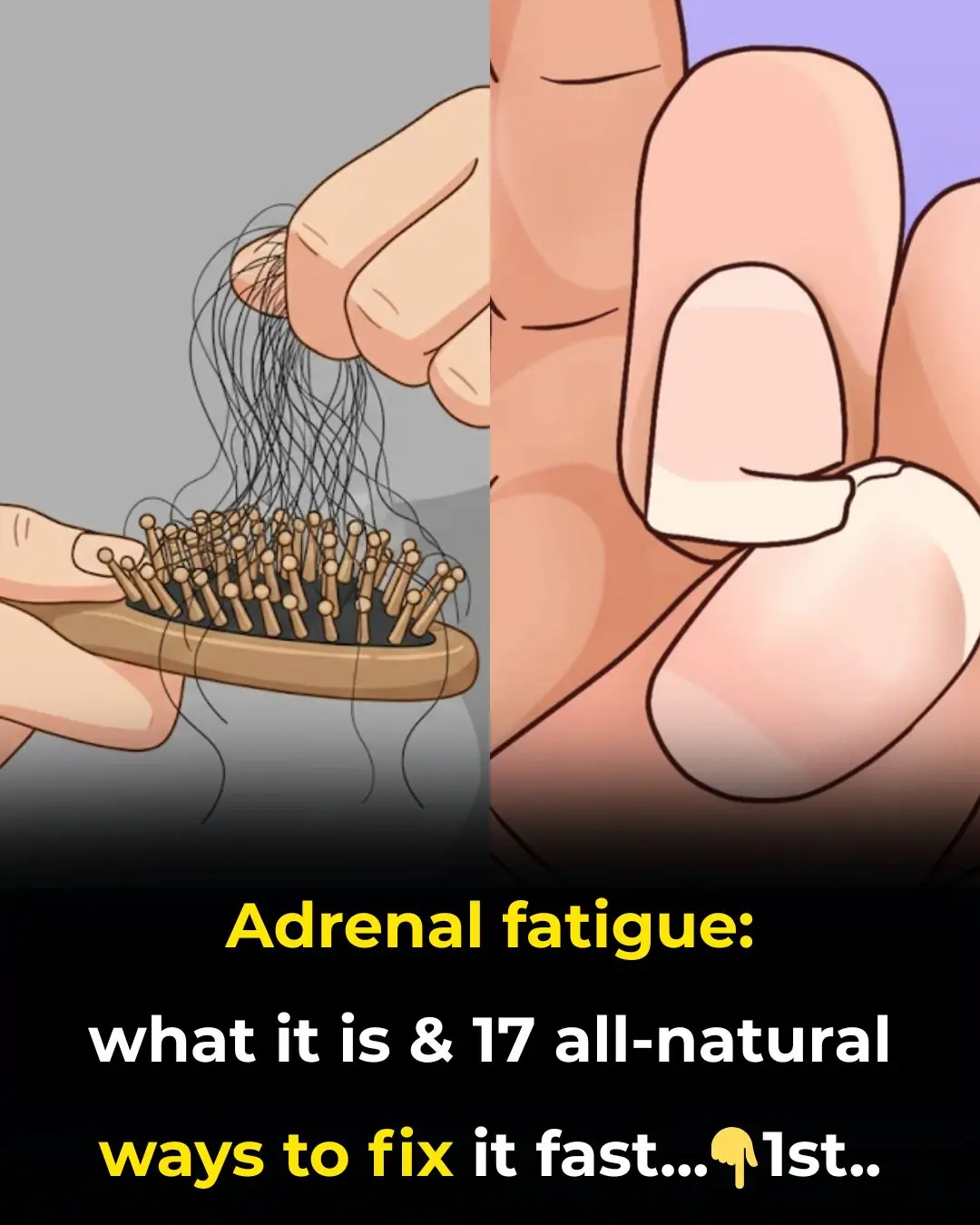
Adrenal fatigue: what it is and 17 all-natural ways to fix it fast

Colon Cleansing With Kefir and Flaxseed Meal
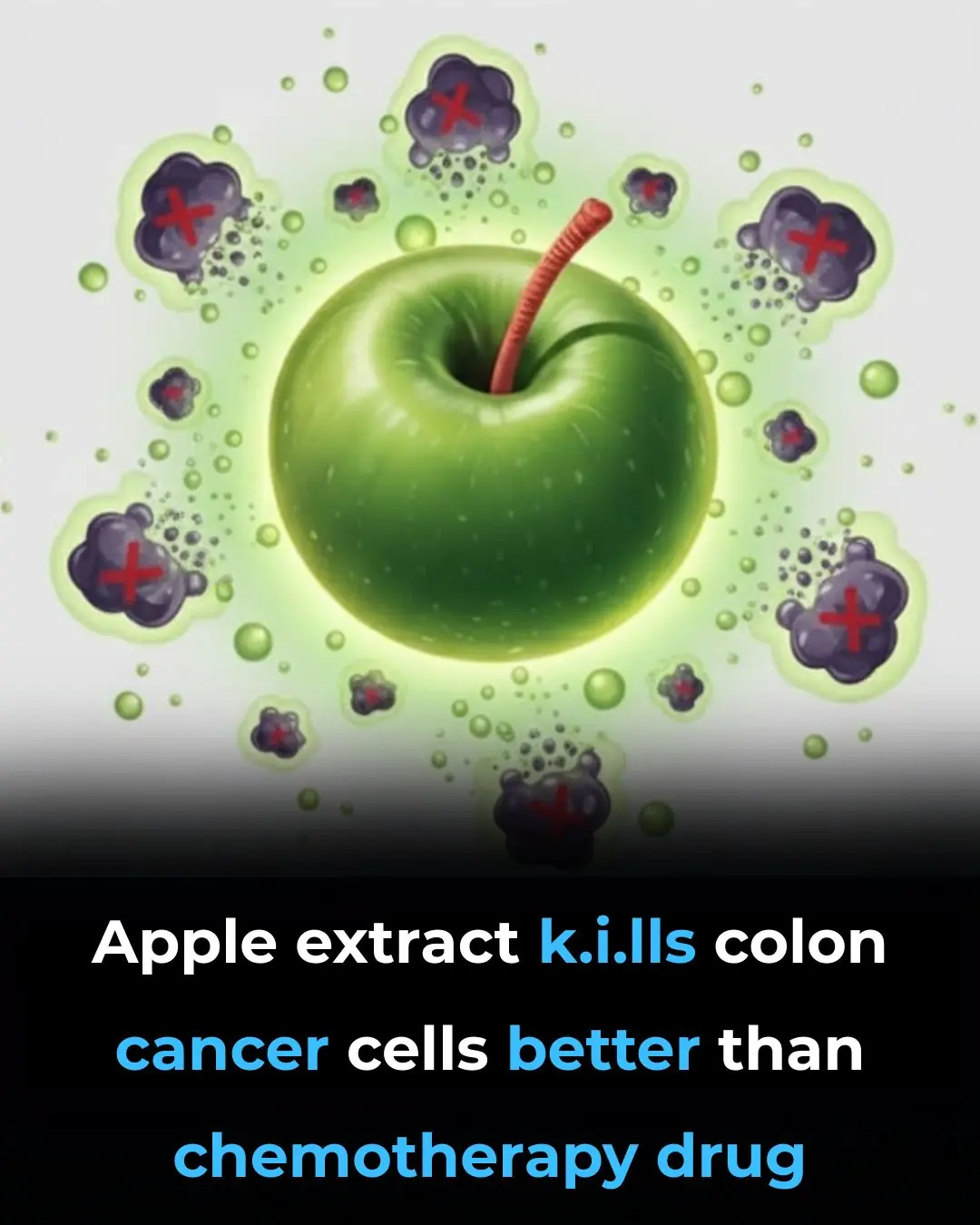
Apple extract kills colon cancer cells better than chemotherapy drug
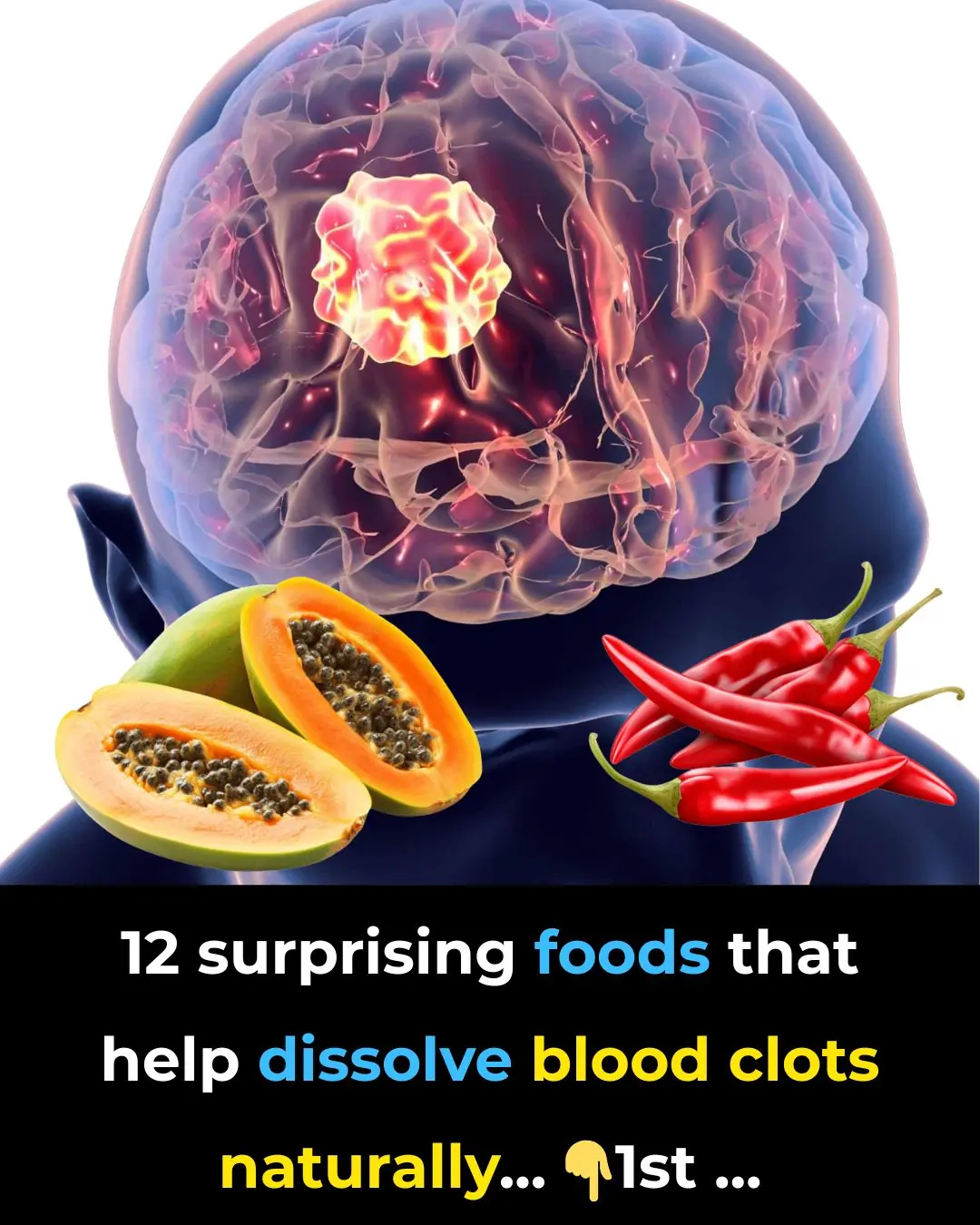
12 surprising foods that help dissolve blood clots naturally

5 Best Water Benefits You Should Know

The Link Between Gout and Kidney Disease: What You Need to Know

The Rise of Kissing Bugs
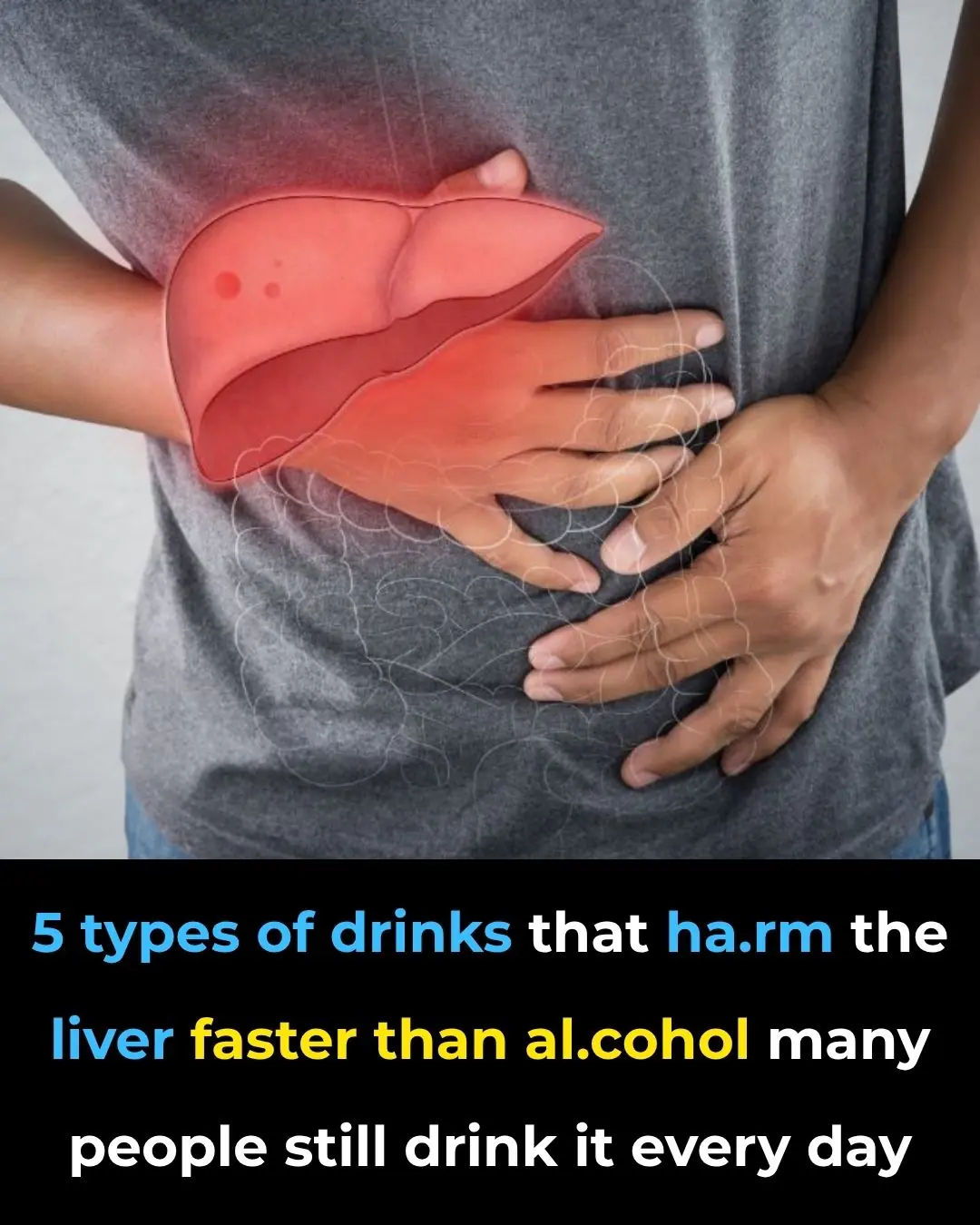
5 Common Drinks That Can Damage Your Liver Just Like Alcohol
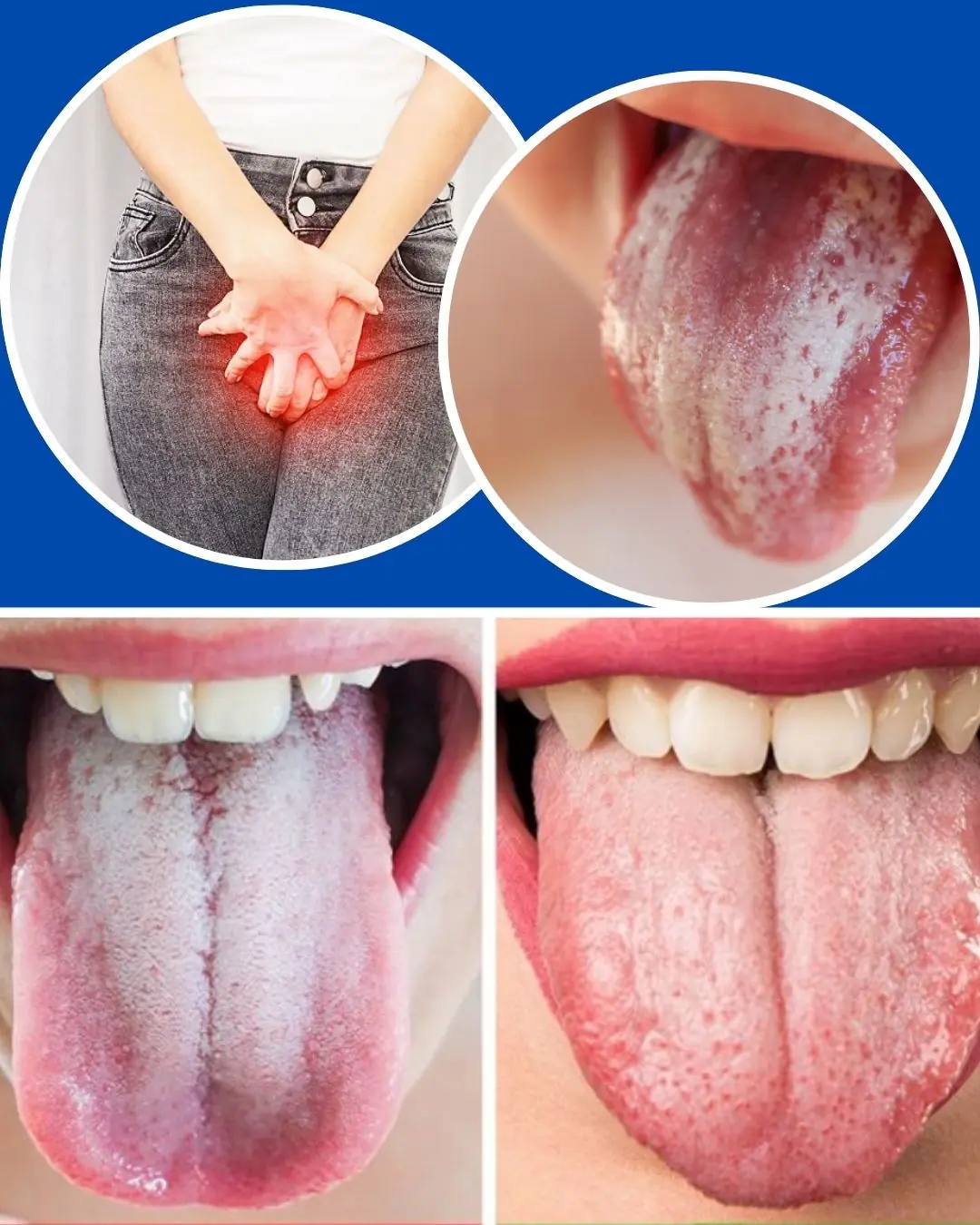
Listen to Your Tongue: 11 Subtle Health Messages It Sends Health June 11, 2025 Updated: June 11, 2025

If your mouth feels dry at night, here are 8 reasons why
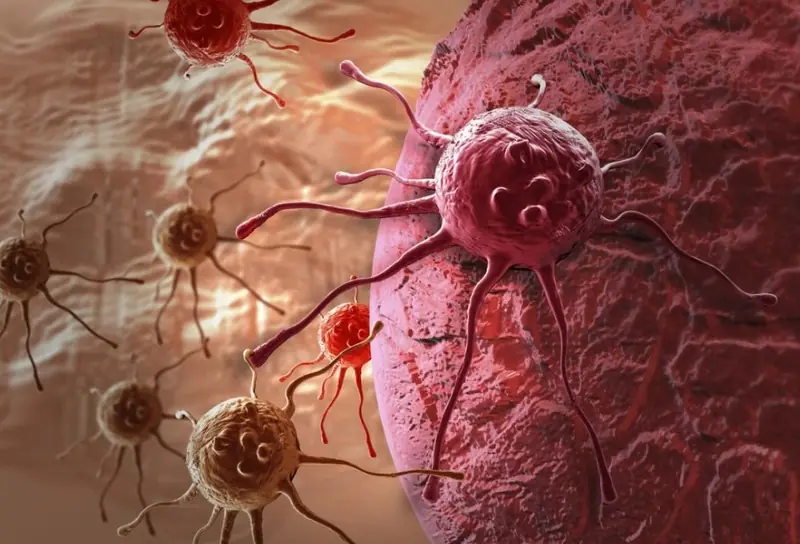
Two itchy areas on the body could be a sign of liver cancer — but many people mistake it for an allergy
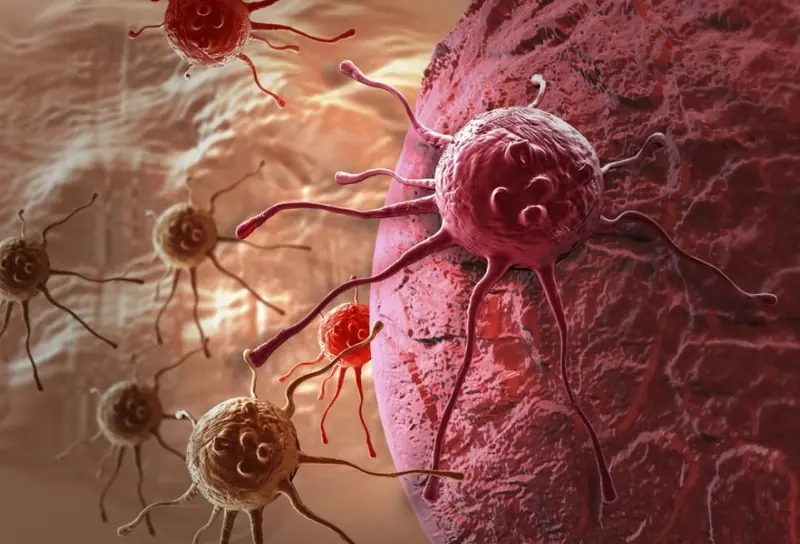
GOOD NEWS: The U.S. Has Successfully Tested a 'Miracle Drug' That Destroys 70 Types of Cancer

Say Goodbye to Dead Skin on Your Feet with These Simple Natural Remedies

Sleeping Trick? Why Sticking One Foot Out Actually Works
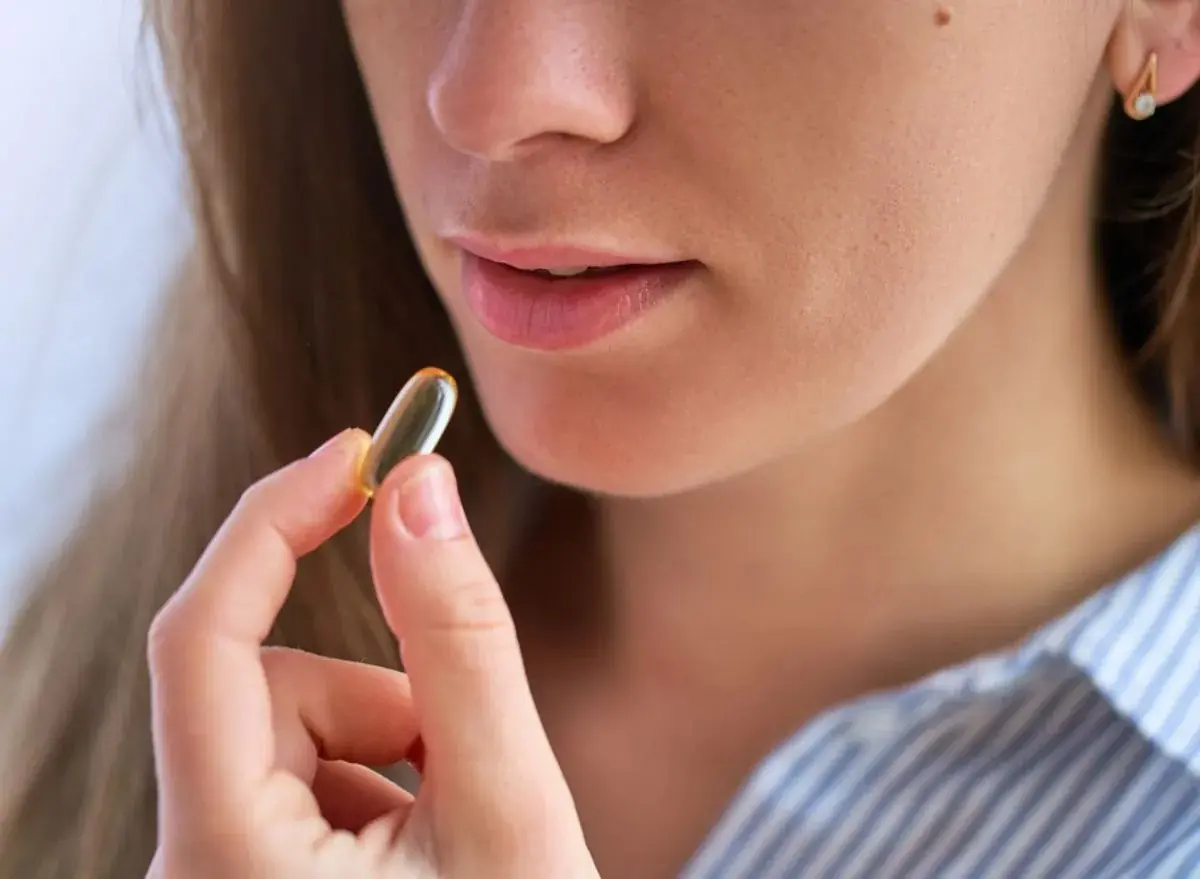
12 Urgent Warning Signs That You’re Not Getting Enough Vitamin D
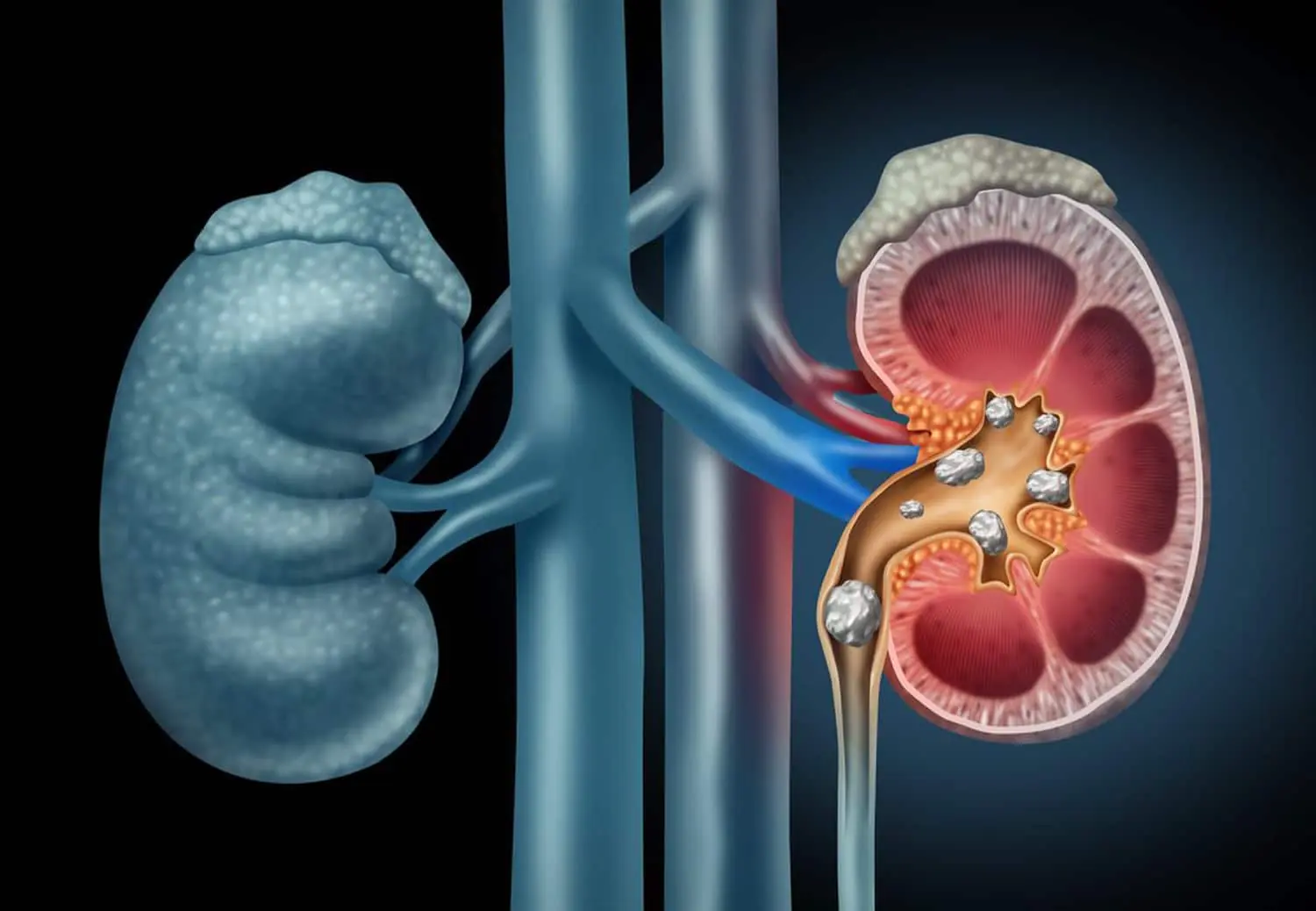
Top 10 Signs of Kidney Problems You Absolutely Must Be Aware Of
News Post

Lori Loughlin Could Get Nothing From 1997 Prenup That Shields Designer Husband’s $100M Fortune

Willie Flanigan and the Gift of a Simple, Perfect Day.

A Cart Full of Kindness: When a Stranger Paid It Forward.

20-Year-Old Man Suffers Acute Kidney Failure After Eating 30 Grilled Oysters — Doctors Reveal the Shocking Cause
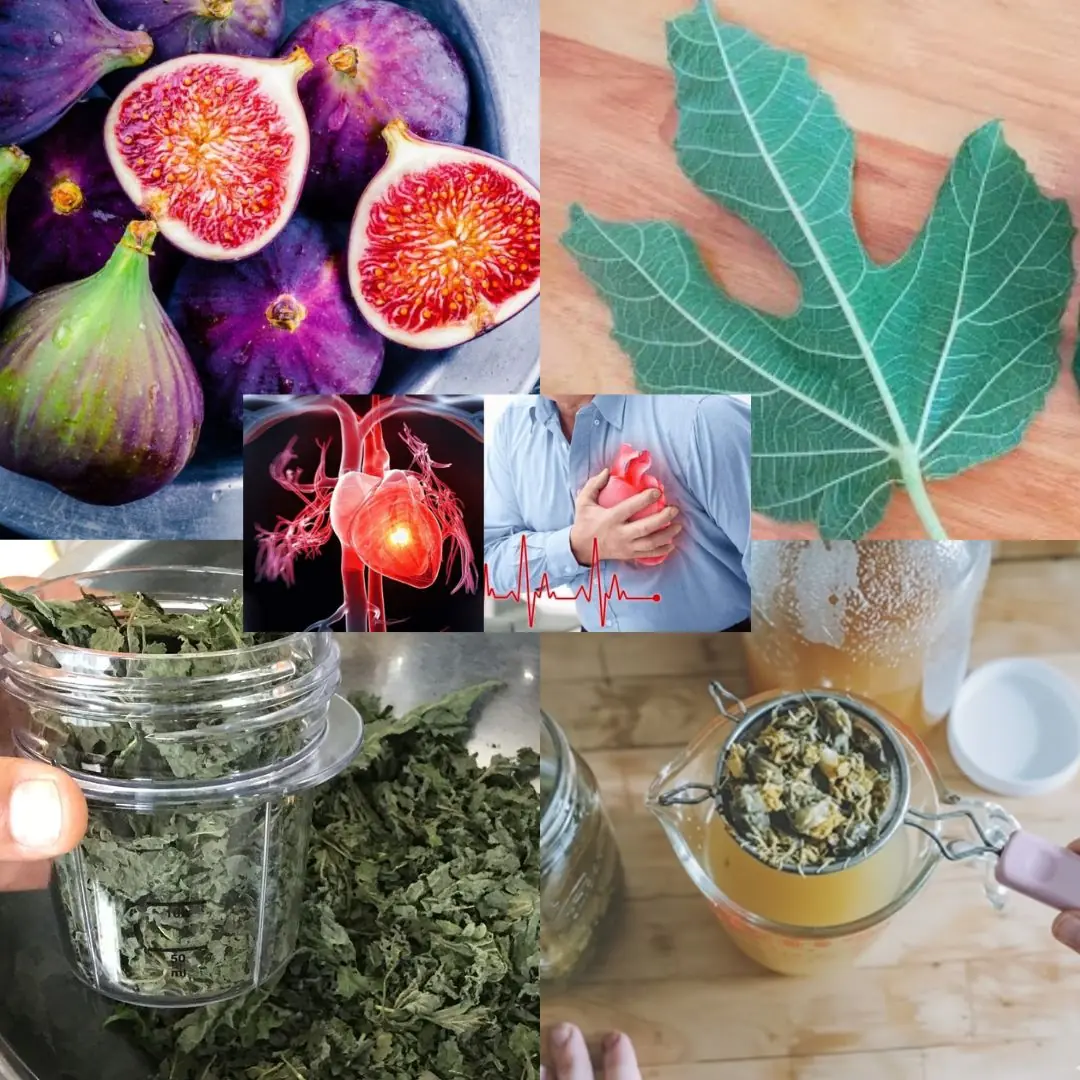
Fig Leaves: Surprising Benefits and Uses

How to Clean Moldy Refrigerator Gaskets — Sparkling Clean in Just 5 Minutes

The Whale That Carried History In Its Neck For Over 100 Years

Denver Bans the Sale of Dogs, Cats, and Rabbits, Paving the Way for More Shelter Adoptions

Medicinal Health Benefits of Turmeric, Curcumin and Turmeric Tea Based on Science

The Best Foods to Cleanse and Prevent Clogged Arteries

Capsaicin Stops Heart Attacks And Destroys Cancer Cells

17 Signs Your Body Is Too Acidic And 9 Ways To Quickly Alkalize It

Adrenal fatigue: what it is and 17 all-natural ways to fix it fast

Colon Cleansing With Kefir and Flaxseed Meal

If you rub these 2 points behind your knees, this is the effect on your body

Apple extract kills colon cancer cells better than chemotherapy drug

12 surprising foods that help dissolve blood clots naturally

Elon Musk's ex Grimes reveals controversial face tattoo she spent 10 years 'emotionally' working up to

Justin Bieber announces 'wild' tech career move that could earn him millions
